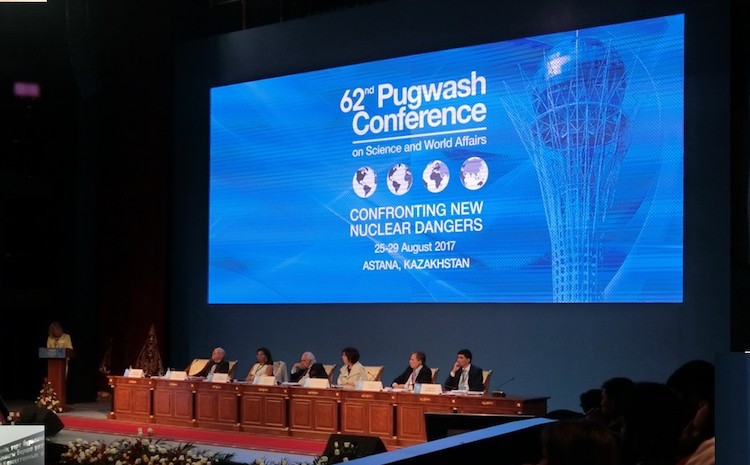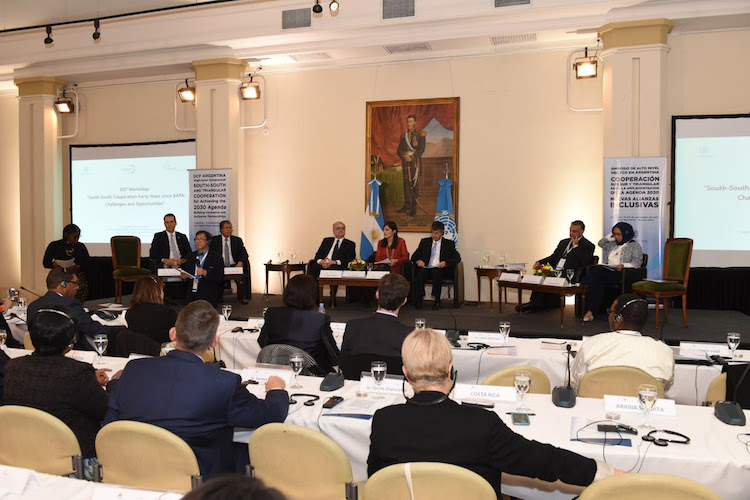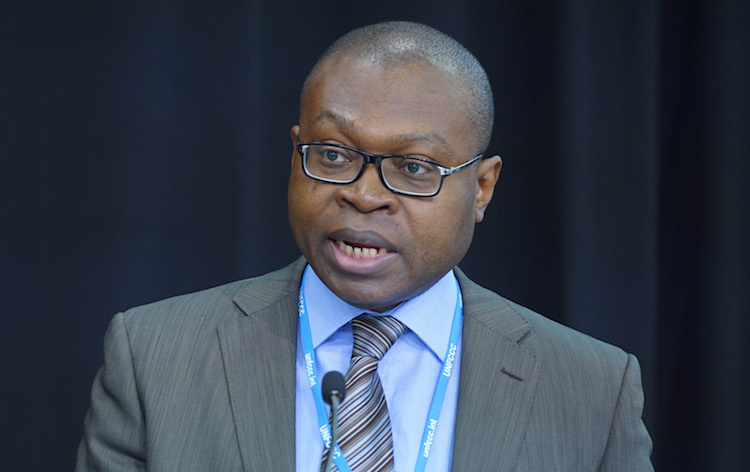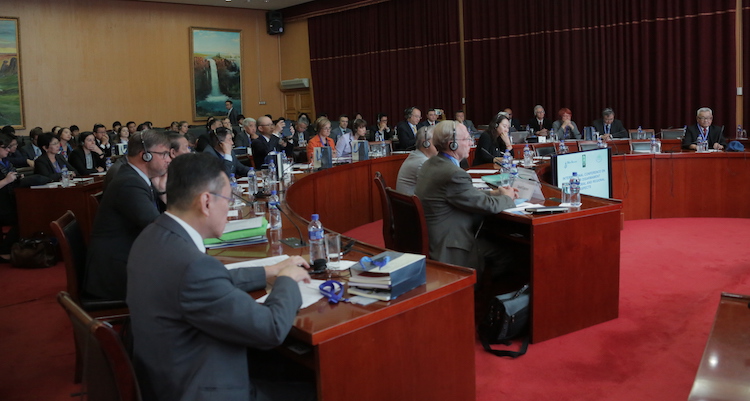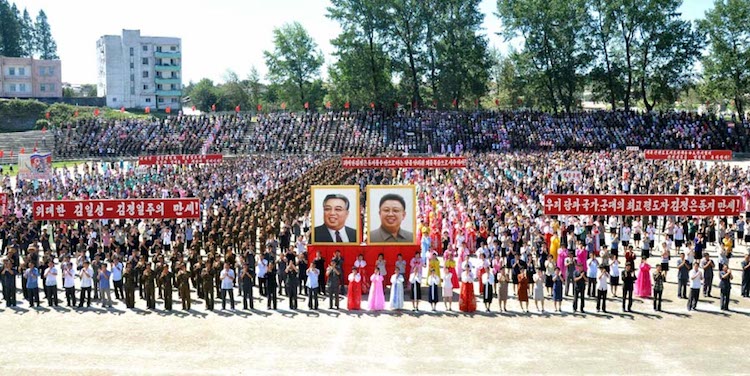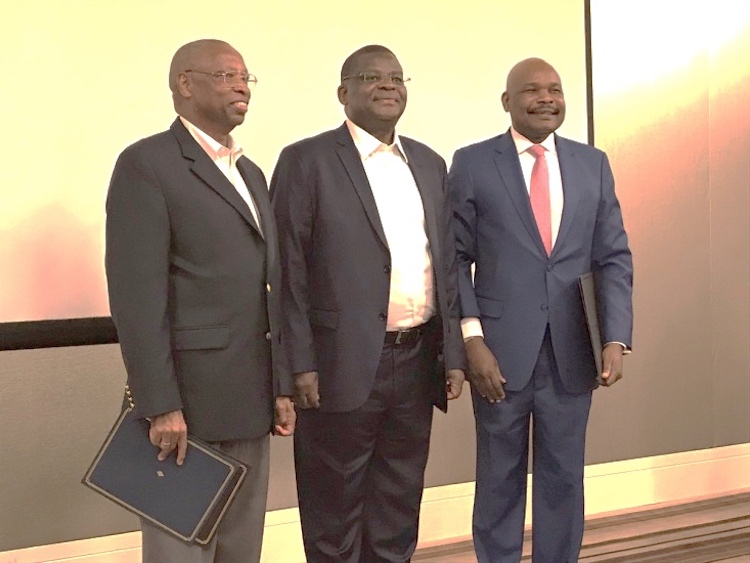By A.D. McKenzie
PARIS (IDN) – Given the rampant technological changes taking place, it’s impossible to predict what the world will look like in even 20 years, and only the development of critical thinking and common civic values will help humankind to deal with the future.
That is the viewpoint of Sonia Dhillon Marty, head of a foundation that is seeking to “foster civic engagement” through art, architecture, design, sustainable farming and technology”, as she puts it. “If we are together, people will listen, politicians will listen,” Dhillon Marty said during a conference in Paris, September 12-13 at the headquarters of the United Nations Educational, Scientific and Cultural Organization (UNESCO).


